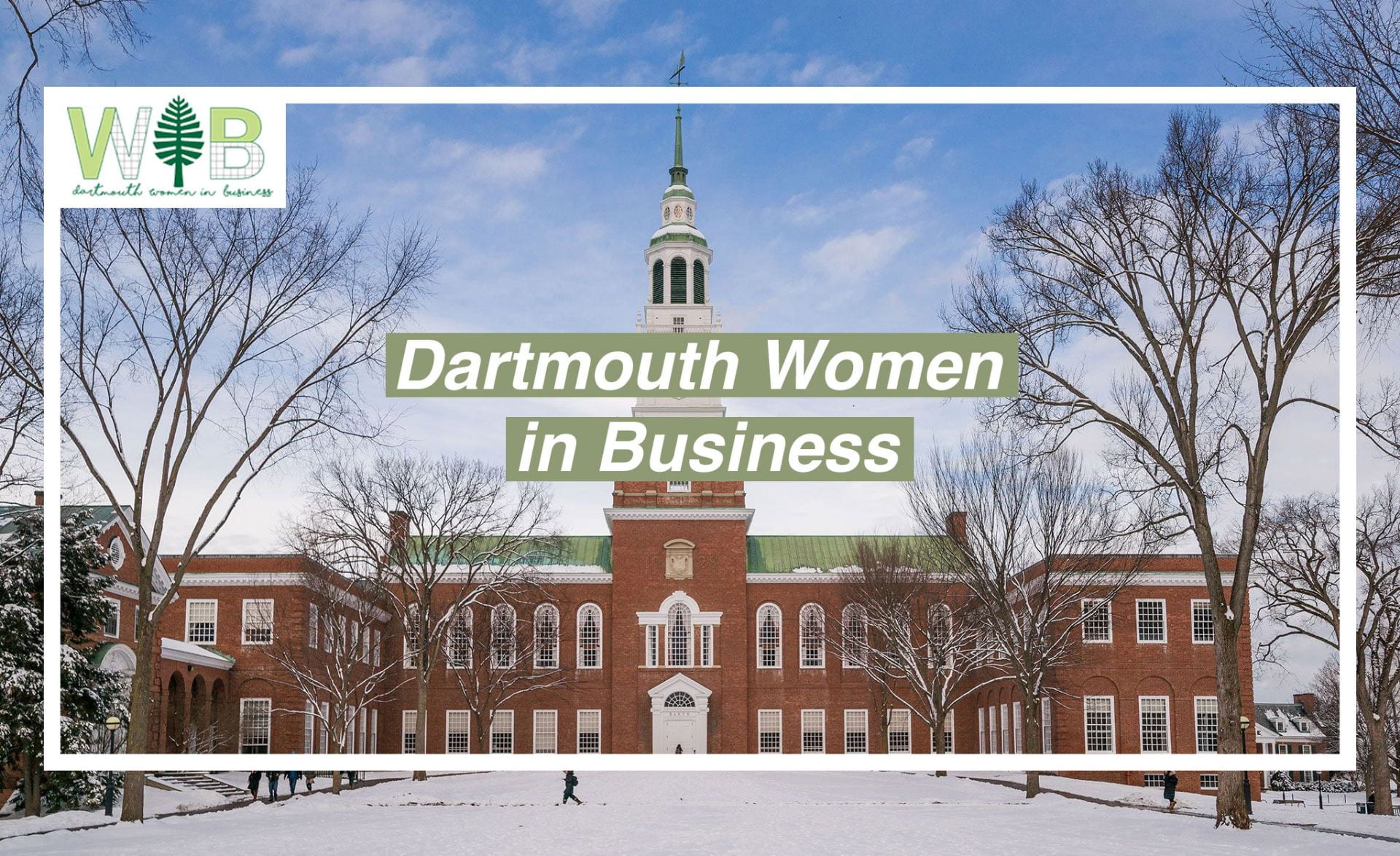Today’s meeting was a workshop on resumes and cover letters for careers in banking and consulting. WIB President Grace Ma gave us some basic advice, starting off by saying that the resume is much more important than the cover letter; in fact, major companies rarely even skim over your cover letter other than to check for obvious typos and mistakes. For your resume, it is important to use a professional template that is divided up into clear sections. The first section should be “Education;” the education section should include your college and high school (you can continue to use high school information up to junior year) information, as well as your respective GPAs and SAT scores. The next section should be “Work” and “Extracurricular Experience.” For these sections, quality is better than quantity, and you should only have a couple of bullet points for each activity unless it was a major part of your life or a professional internship. It is also very important to use formal language, be very concise, and quantify as much as possible. For the last part of your resume, you should include subsections including “Skills,” “Languages,” and “Interests.” In these sections, it is essential to be truthful because anything you write in these sections is fair game for the interviewer to bring up during the interview. The “Interests” sub-section should mention interests that are not already in your resume and are hobbies that you are very passionate about. Finally, it is important to read through your resume several times and have it reviewed as much as possible—until you have professional experience, it is the main thing that companies evaluate you with and it is important to make it stand out as much as possible.
This meeting was really helpful because I learned about the different resume templates that you can use, depending on what type of career you are interested in. I did not realize that even within the finance industry, there are certain formats to use and experiences to emphasize to show that you are a good fit for the position. I also did not realize the relative importance of the resume compared to the cover letter; this is important because unless you are applying to a smaller firm, there is no need to focus as much on the cover letter.
By Raveena Gupta ‘16
———————-
WIB’s meeting on April 14 consisted of a resume and cover letter workshop. For an effective resume, be sure to include job experience, bullet points with active verbs, research done on campus, SAT scores, and only a few clubs. Don’t include: high school experience, and languages you are not actually fluent in. For cover letters, introduce yourself in the first paragraph. Next, say how you heard about the position and sum up skills that make you qualified for that position. Experiences can be professional or from clubs. For the best cover letter, merge professional and leadership experience.
I found this meeting to be particularly helpful because resumes and cover letters are incredibly relevant to the career world. In addition, the Executive Board offered to take a look at our resumes and give us personal tips. The meeting was quite informative and my resume definitely improved because of it.
by Erin Mulrooney ‘17
